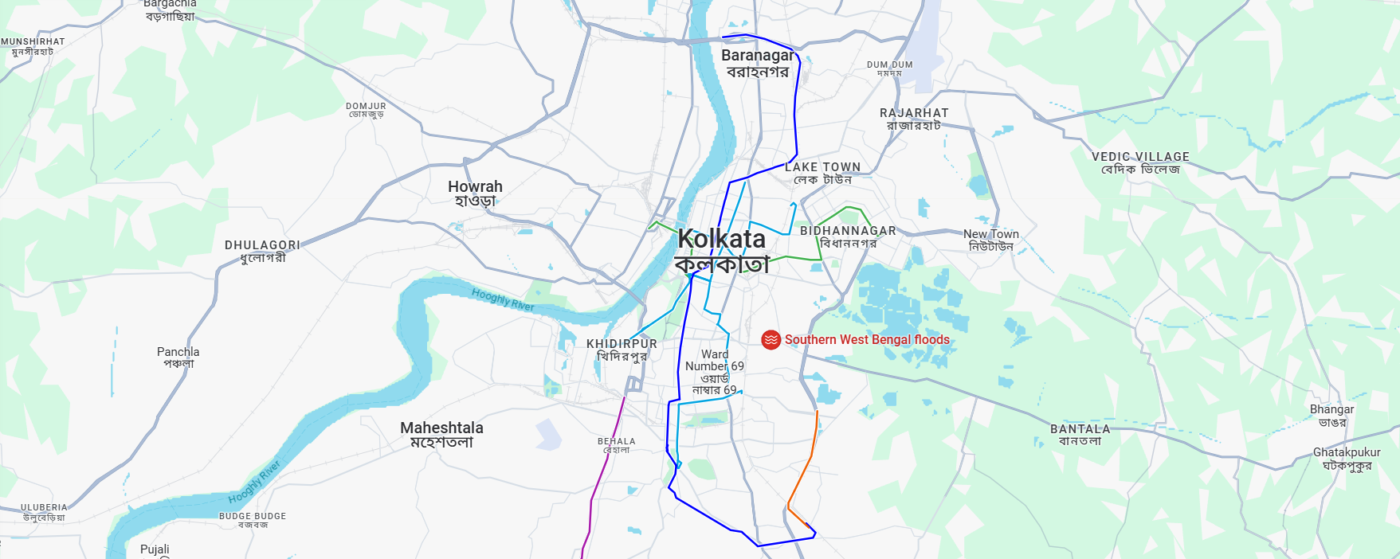India, West Bengal, Kolkata, Garia – 700084

Frequently Asked Questions
Please read our FAQ before sending us a message.
The term “Astonishing Bharat” typically refers to a campaign or initiative aimed at showcasing India’s remarkable achievements, diversity, and progress. “Bharat” is the Hindi name for India, and “astonishing” signifies the impressive and surprising aspects of the country. The phrase captures the essence of India’s vast cultural heritage, rapid development, and the extraordinary stories of its people, innovations, and landmarks. It highlights the nation’s significant contributions in various fields such as technology, culture, arts, and science, aiming to present a comprehensive and awe-inspiring picture of India to both its citizens and the global audience.
Indian tradition and culture are characterized by their rich diversity and deep historical roots. They encompass a wide range of practices and beliefs, including vibrant festivals like Diwali and Holi, classical arts such as Bharatanatyam and Kathak, and spiritual traditions from Hinduism, Islam, Sikhism, Buddhism, and Jainism. Indian culture places a strong emphasis on family values, respect, and hospitality, exemplified by the concept of “Atithi Devo Bhava” (the guest is God). The traditions also include holistic practices like Ayurveda and yoga, reflecting a profound connection to spirituality and well-being.
The beauty of Indian culture lies in its vibrant diversity and deep spiritual heritage. It seamlessly blends ancient traditions with modern influences, celebrating a wide range of festivals, arts, and rituals. The richness of Indian culture is reflected in its colorful festivals like Diwali and Holi, intricate classical dance forms such as Bharatanatyam, and profound spiritual practices including yoga and meditation. The emphasis on family values, respect, and hospitality creates a warm and welcoming atmosphere. Indian cuisine, with its diverse flavors and regional specialties, adds to the cultural richness. Overall, Indian culture’s beauty is its dynamic harmony and enduring legacy.
One of the biggest traditions in India is the celebration of Diwali, also known as the Festival of Lights. Diwali is celebrated across the country with great enthusiasm and involves lighting oil lamps, bursting fireworks, and exchanging sweets. It marks the victory of light over darkness and good over evil, symbolized by the return of Lord Rama to Ayodhya after defeating Ravana, according to Hindu mythology. Homes are adorned with lamps and rangoli designs, while families gather to honor deities, share festive meals, and engage in acts of charity. Diwali is a time of joy, renewal, and communal bonding.
Indian culture is vital for its deep historical and social significance. It preserves a rich heritage of traditions, languages, and arts that shape national identity and unity. Celebrations like Diwali and Holi, along with practices such as yoga and Ayurveda, highlight the culture’s spiritual and holistic approach to life. The emphasis on family values and respect for diverse beliefs fosters social harmony. Indian culture’s contributions to literature, music, dance, and cuisine also enhance global cultural diversity. By maintaining these traditions, India upholds a sense of continuity and community, enriching both its own society and the world.
The future of Indian technology looks promising, driven by rapid advancements and innovation. India is emerging as a global leader in software development, artificial intelligence, and digital infrastructure. With a thriving startup ecosystem and strong government support for initiatives like Digital India and Make in India, the country is poised for significant growth in tech sectors. Investments in research and development, coupled with a skilled workforce, are fostering breakthroughs in fields like fintech, edtech, and biotechnology. As India continues to enhance its digital capabilities and connectivity, it is set to play a pivotal role in shaping the global technology landscape.
